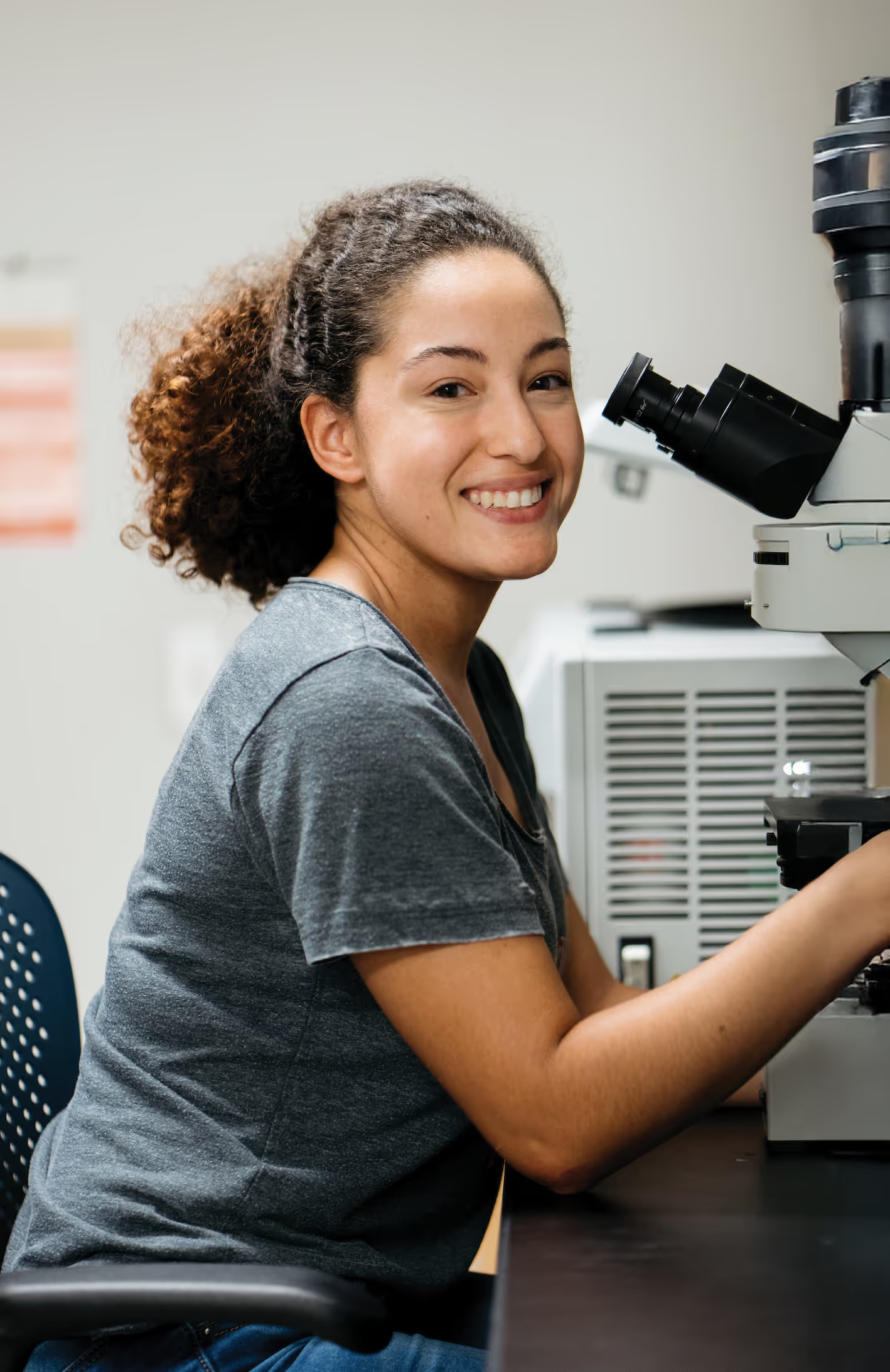
Empowering Students.
Supporting Educators.
Transforming Institutions.
We unite faculty, staff, administrators, and students nationwide to transform institutions with evidence-based practices that drive student success.
The Collaborative at a Glance

14
14 institutions across 5 time zones
250+
SCIENCE Collaborative community members
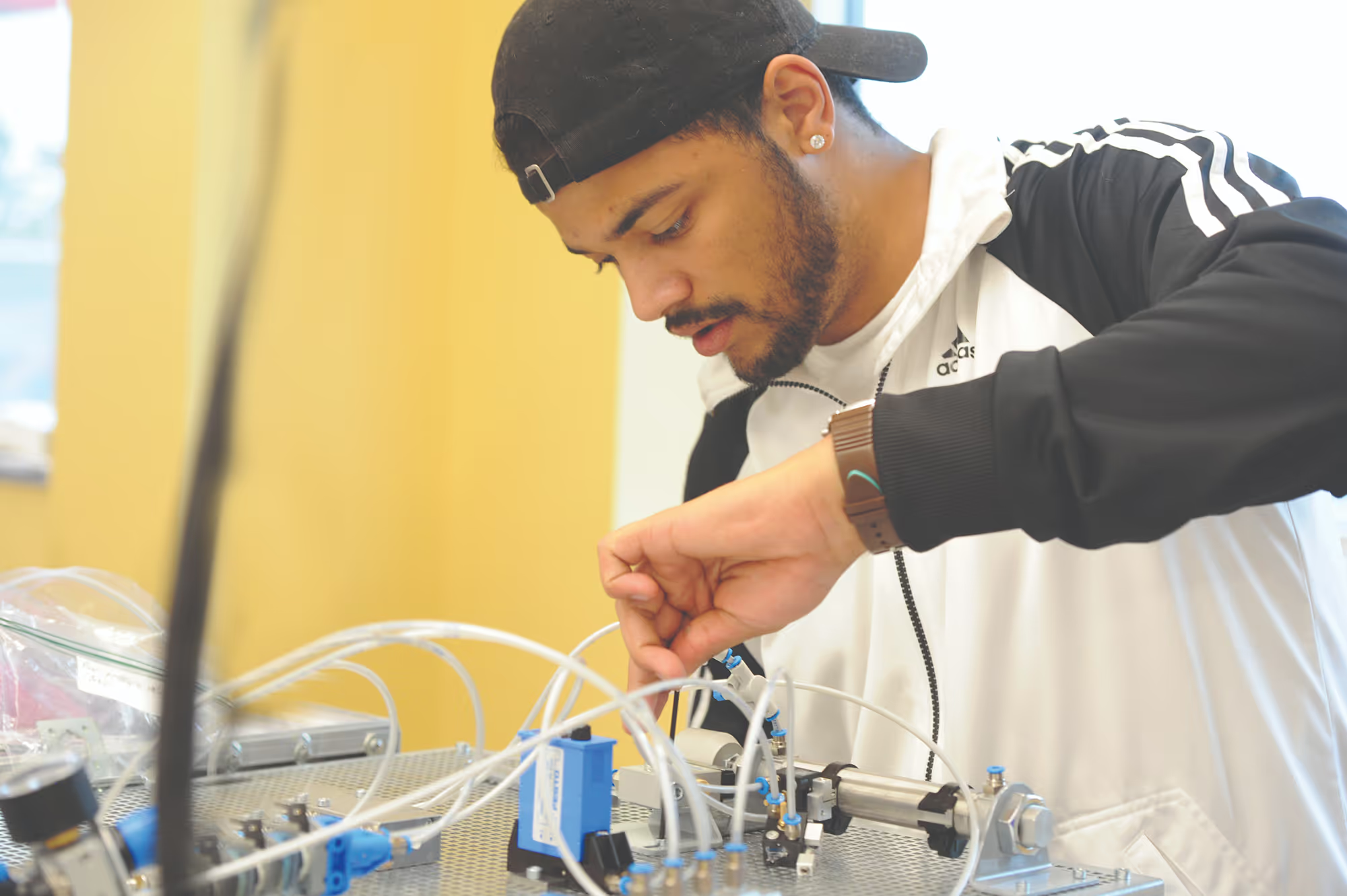
108%
Increase in community size over the last 18 months
130+
SCIENCE Collaborative members actively engaging in professional development communities of practice
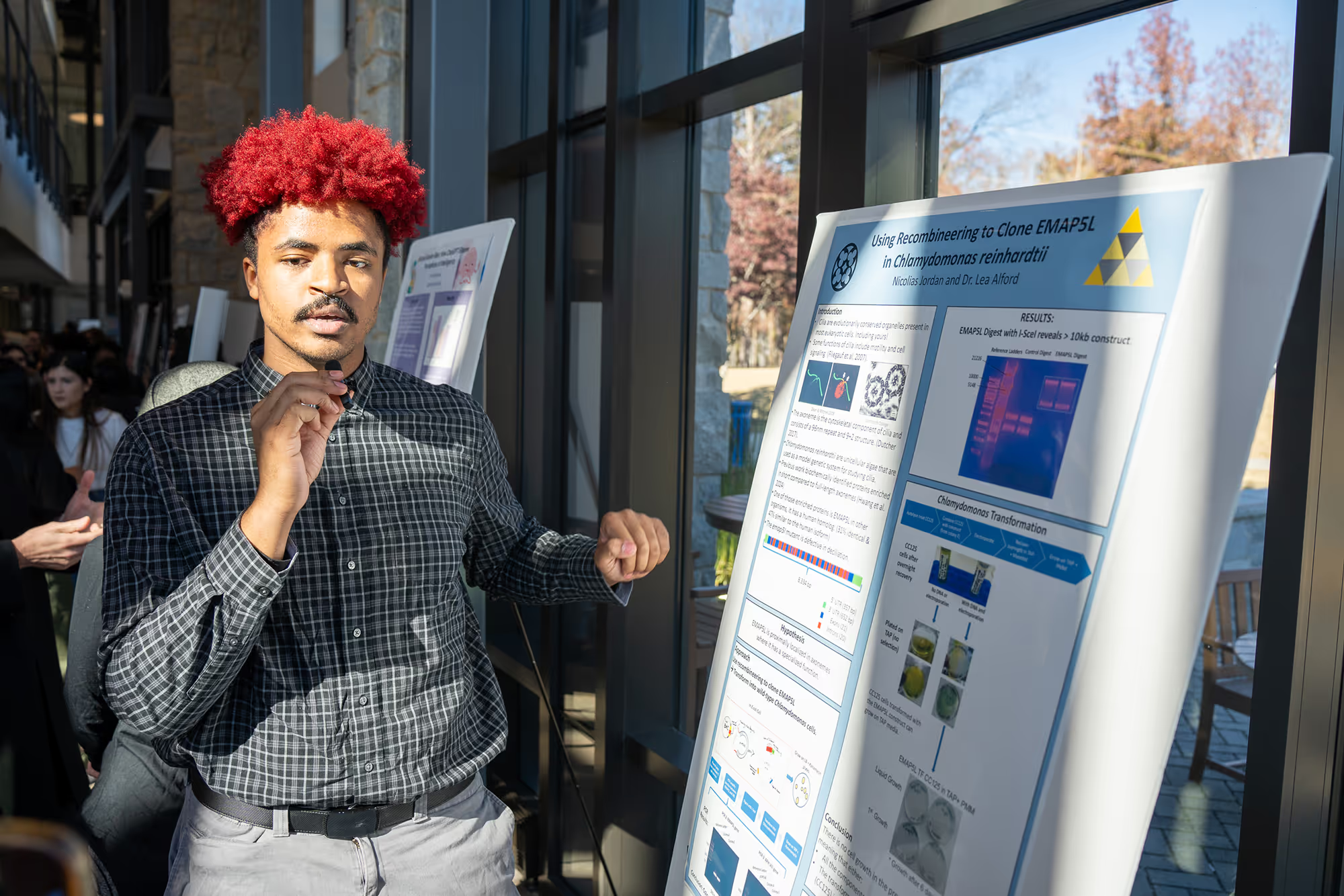
15,000
Projected students impacted over the next year
Vision
All students at our institutions will be empowered and supported in their academic, professional, and personal goals during and beyond their early undergraduate STEM experiences.
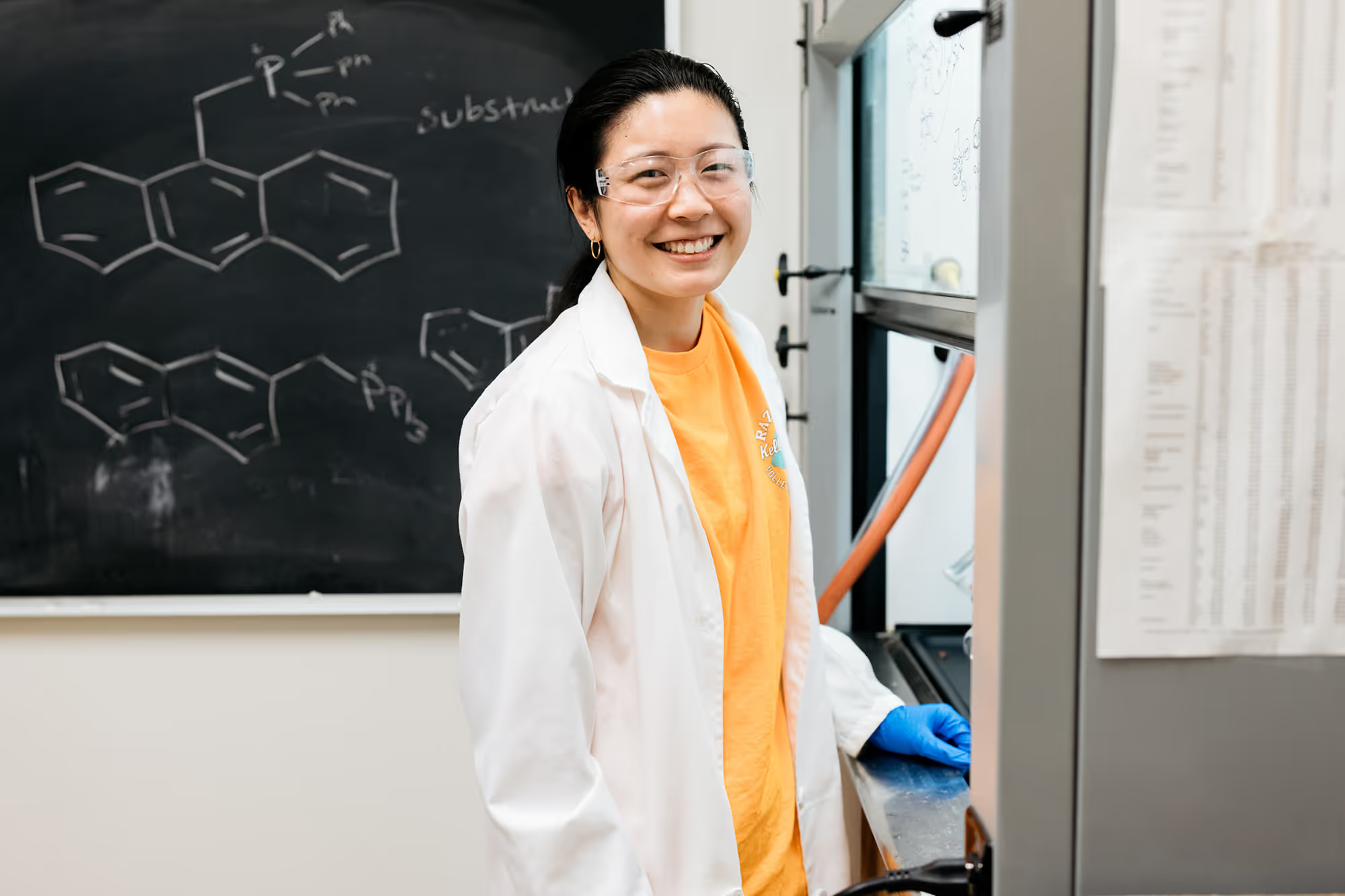
Empowering Students
Real impact from our collaborative educational approach.
Supporting Educators
The SCIENCE Collaborative supports educators seeking to implement instructional practices guided by how students experience their learning environments. These strategies help students build momentum by offering meaningful opportunities to engage with content, practice skills, receive feedback, and demonstrate understanding.
Why these practices matter:
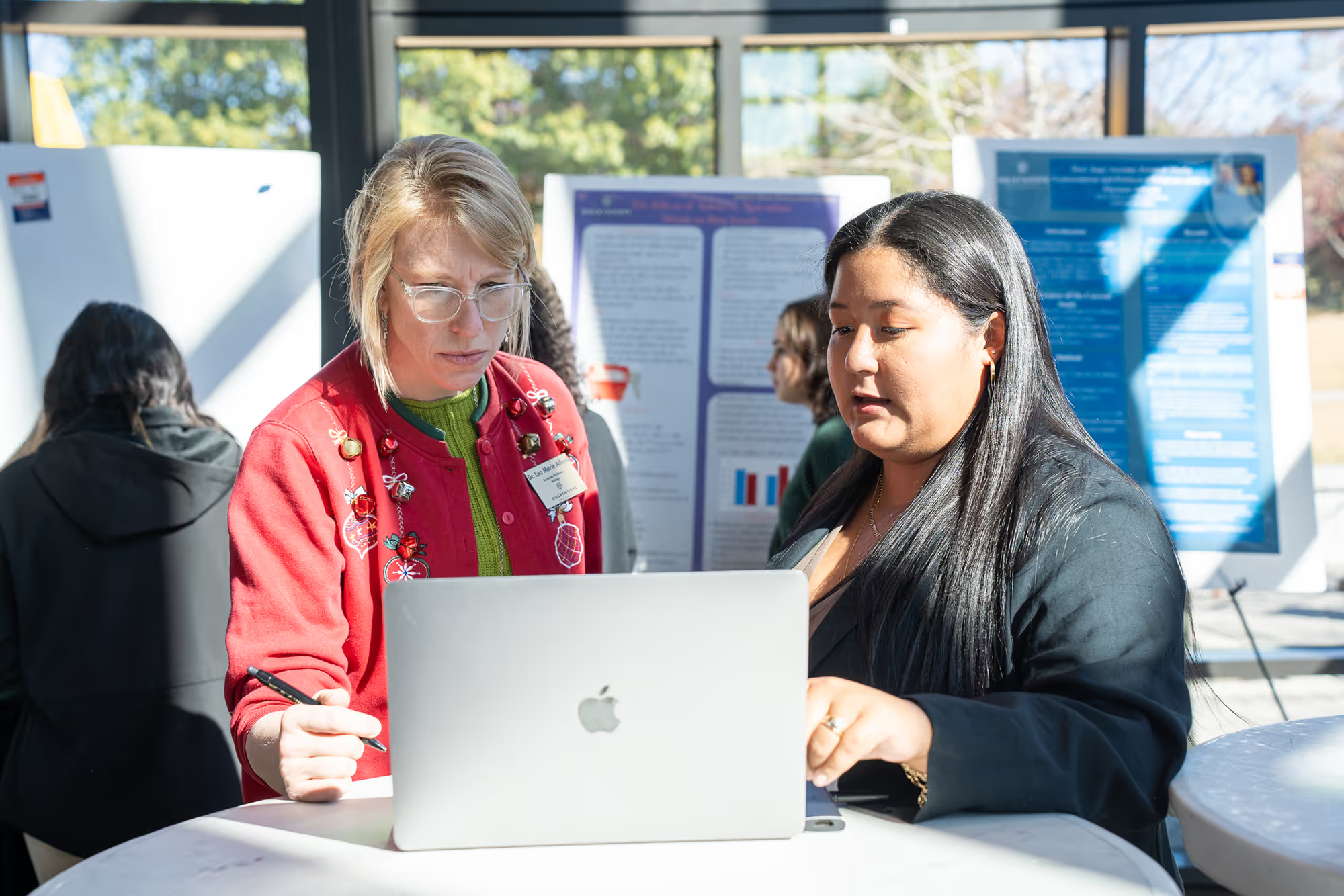

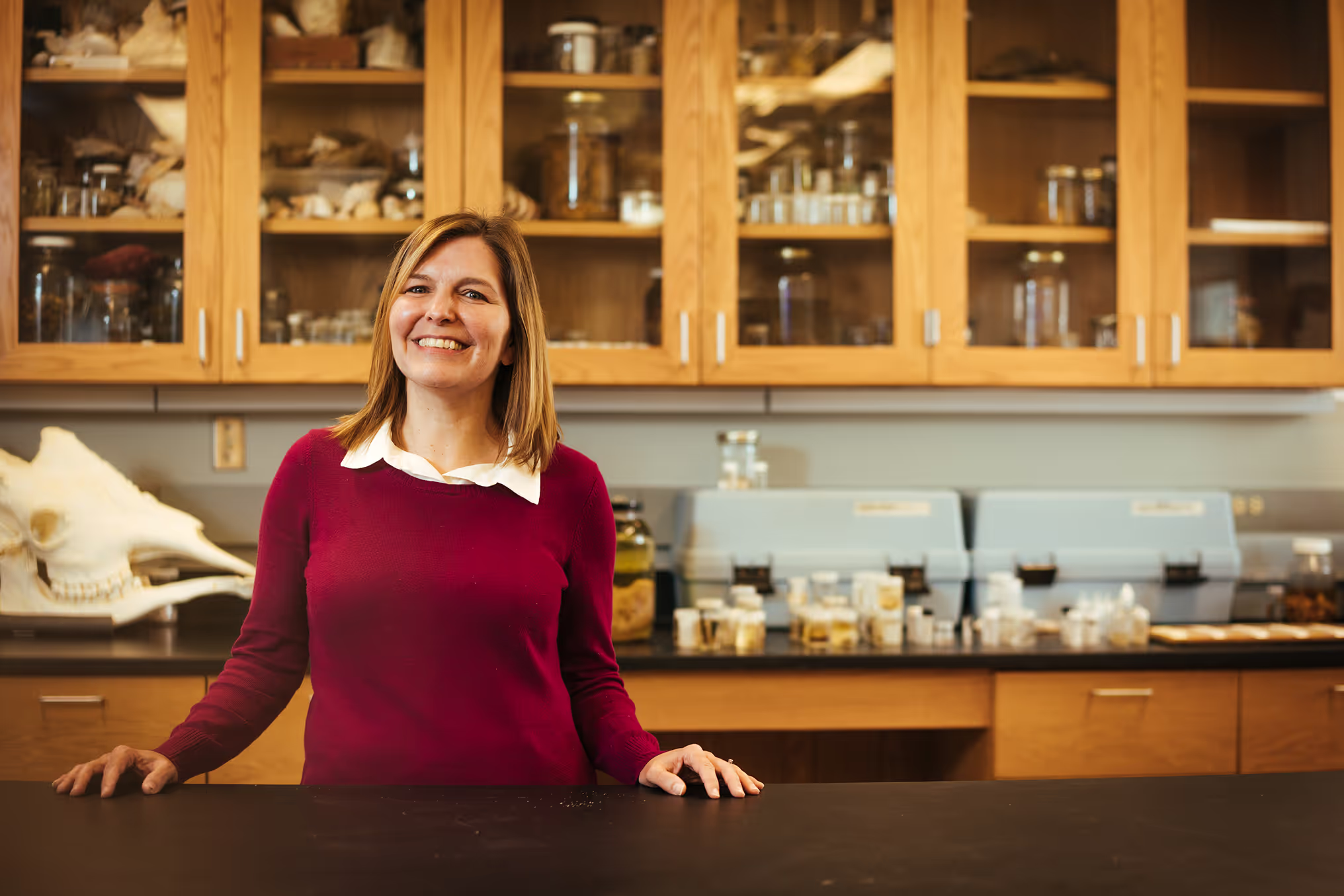
Transforming Institutions
We bring together educators, administrators, staff, and students from 14 institutions across the United States—from large research universities to regional comprehensives to specialized colleges.
What unites us is shared commitment, not institutional type. Our structure allows us to:
- Share knowledge rapidly across geographic and institutional boundaries
- Access expertise that might not exist at any single institution
- Learn from different contexts and adapt strategies for local needs
- Support each other through the challenges of implementing change
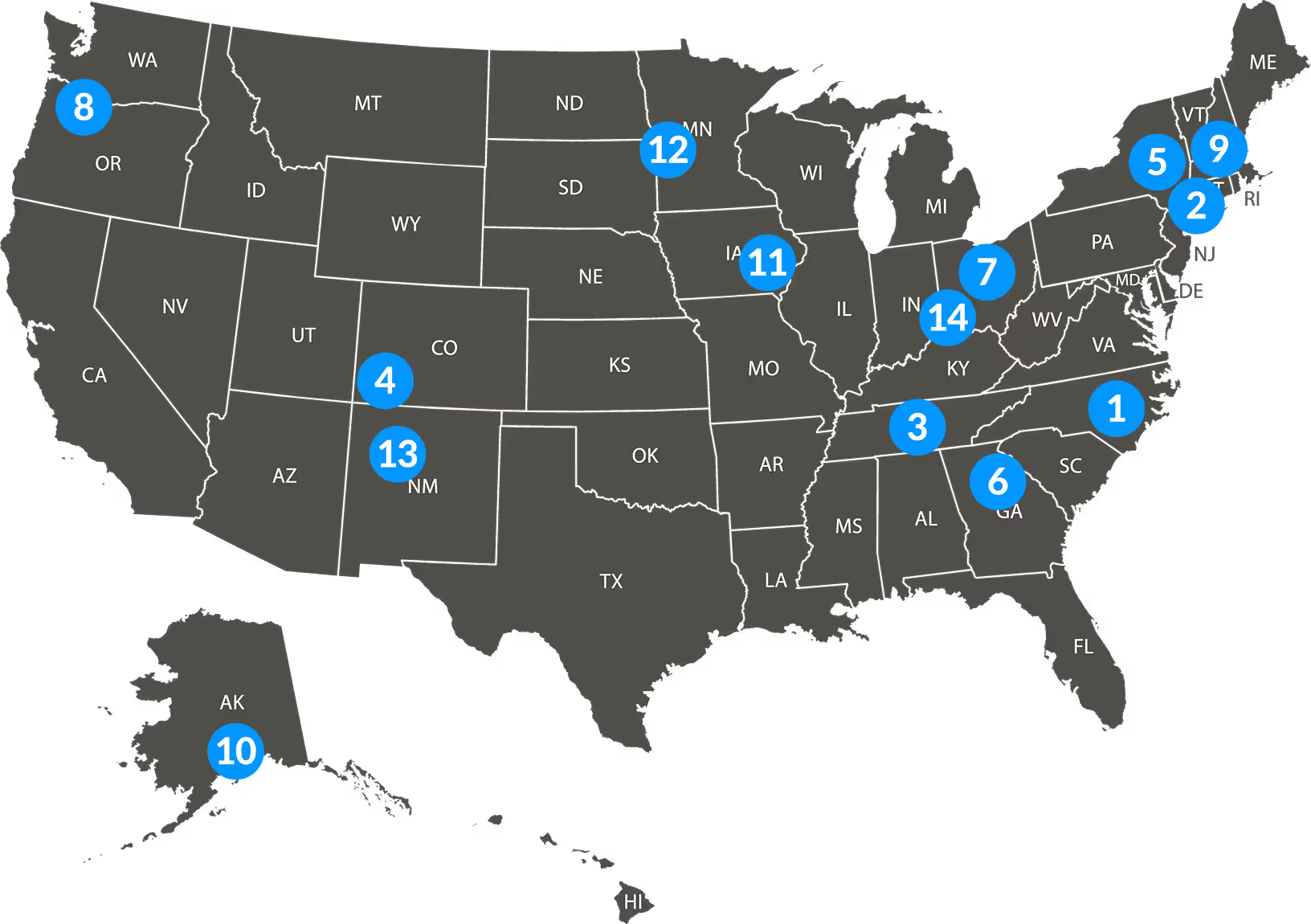
Why Partner With Us
The SCIENCE Collaborative is a vehicle to rapidly and strategically implement and scale evidence-based teaching practices. We are seeking and welcoming partners interested in our established programming and those looking to innovate and collaborate with our network.
For Funders
Join us at this critical moment in transforming STEM education and creating lasting impact.
For Educators
Transform your teaching with innovative, evidence-based strategies and support.




